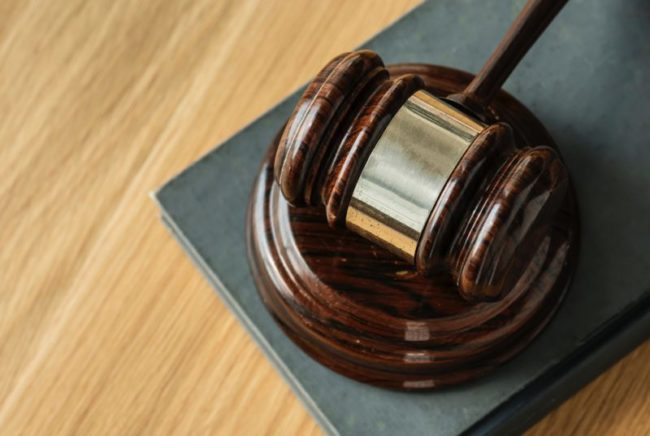Ethics Rules, Conflicts, Waivers and Money
By Edward J. McIntyre
On August 30, the California Supreme Court decided Sheppard, Mullin, Richter & Hampton, LLP v. J-M Manufacturing Company, Inc. (2018) 6 Cal.5th 59. On all issues but one, the Court was unanimous; five justices, however, held that the law firm should be allowed to develop a record that it might be entitled to a quantum meruit fee award; Justice Chen and the Chief Justice disagreed and would have disallowed the firm any fees, including disgorgement of fees already paid.









